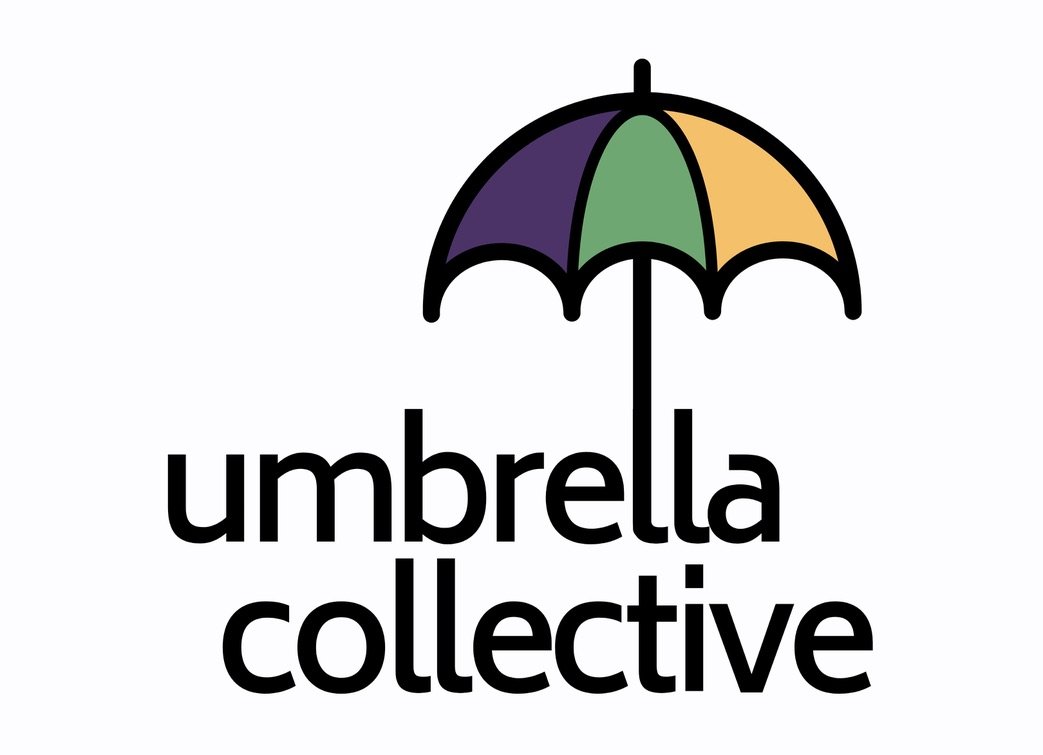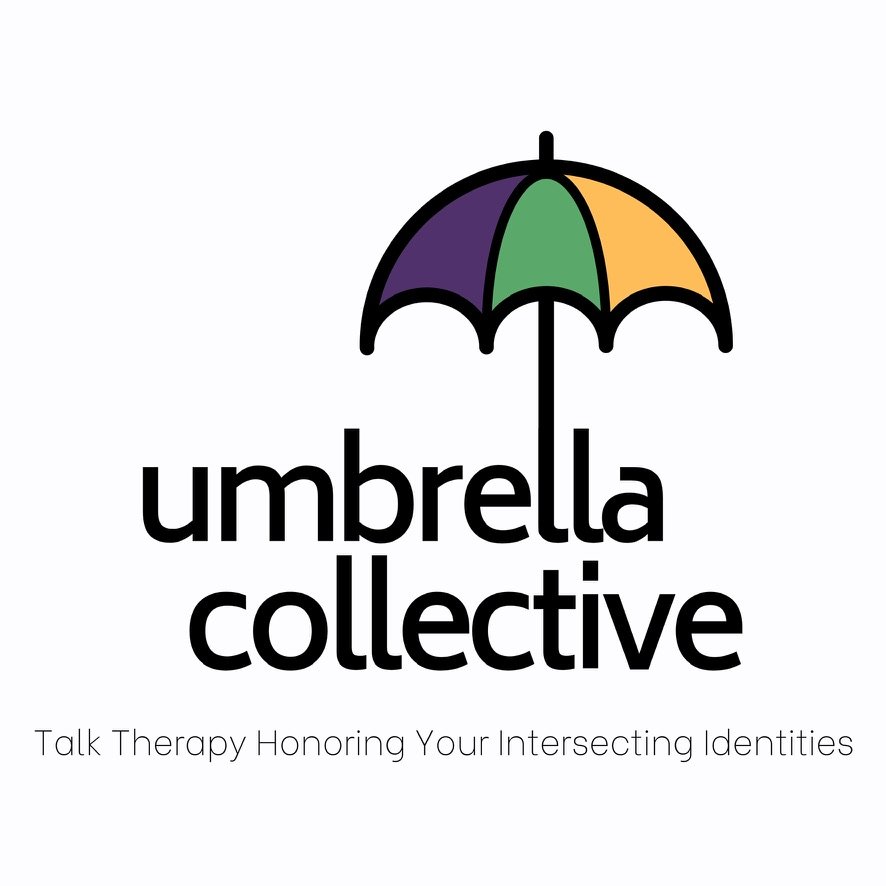By Griffin Jensen, LPC
We are currently living in very strange, uncertain times with the COVID-19 pandemic. There is a lot of confusion, anxiety, and suffering being felt within humanity on a collective scale.
This can be overwhelming for anyone.
Even if you and your loved ones are fortunate to be healthy, with adequate shelter and resources, drastic changes to everyday life have impacted everyone. It’s more important than ever to take care of yourself, your loved ones, and your community.
Staying home as much as possible, washing your hands frequently, and practicing social/physical distancing are the three most important things we can do to help flatten the curve of COVID-19. Additionally, for those of us who have the means, there are many things we can do to support vulnerable communities being impacted the most by this pandemic.
Two weeks ago, a $2 trillion stimulus package was passed to provide financial relief for Americans. While the majority of this went to corporations, many working and middle class families will be left waiting for a one-time check of around $1,200 ($2,400 for couples, plus $500 per child). That one-time check gets even smaller for families with annual salaries of $75,000 and up.
In the last two weeks a total of 9.95 million people lost their jobs due to coronavirus and filed for unemployment. With no nation-wide freeze on mortgages or rent, many folks are left with not a lot of answers to their financial struggles. Before this pandemic placed a glaring spotlight on our country’s income disparities, more than half of Americans were already living paycheck-to-paycheck, including a third of families making $50-$100k a year. Yet, amid an international health crisis, we are means testing everyday Americans while well-off corporations receive a government bailout with little-to-no strings attached.
Two weeks ago, Governor Cuomo announced a $2.5 billion cut to New York’s Medicaid program while much of the state went into lockdown over COVID-19.
I share this to continue to put things into perspective and continue to ignite what needs to be ignited in these uncertain times. If grief, anger, despair, hopelessness or pain arise while reading this - is there a way you can gently bring your attention to these strong feelings? To tend to these feelings with care, compassion and curiosity in order to feel what needs to be felt and to invite these feelings to move through in order to support connection to yourself and others. Doing so can assist all of us in continuing to awaken together, to stay curious about what is possible and choose to want better for ourselves and each other moving forward.
During this time, I hope you can create space for yourself to process, rest, grieve and connect. You are not alone, we are here to support and are offering virtual counseling services to new and existing clients. And if you have the means, I hope you can offer resources to those you care about. Whether that is a listening ear, a trip to the grocery store, or financial support.
This is a lot of information in an already overly saturated era of news, information, and worry – so here are some additional resources on some amazing organizations that are helping a lot of people right now.
I ask that during these uncertain times, when you feel grateful, cared for, filled with sustenance – to think of these organizations (or other organizations that you support) and the folks they are helping to feel that way, too.
Note: Organizations are organized alphabetically
American Guild of Musical Artists (AGMA) Relief Fund is supporting musicians who are no longer able to tour or host gigs because venues and clubs are shut down. Your support to this charity will give relief to artists who are struggling during the crisis.
Coworker.org is a nonprofit organizing platform for workers across the country to organize for rights at work and make their workplaces safer. Already this week Starbucks workers won sick leave during the pandemic using the platform, and Amazon workers and USPS employees are organizing for their safety.
CPD Action Solidarity Fund is working to protect and empower the working class, immigrants and communities of color. They are providing resources, support and mutual aid across their network of affiliated organizations.
Feeding America supports a nationwide network for 200+ foodbanks that keep tens of millions of people fed even before this crisis — and their work is even more important now.
Make the Road COVID-19 Emergency Response Fund supports outreach and support efforts to low-income immigrants and to organize to ensure that they are not left out of traditional government responses.
Meals on Wheels delivers prepared food to seniors across the country. This is especially important in the pandemic, as seniors are at high risk, and limiting their need to go to the grocery store by delivering these meals is a critical service.
National Domestic Violence Hotline is unfortunately seeing a rise of calls and more people in need as more and more cities are having people shelter in place. Adding a donation to the hotline will ensure they have the resources to be staffed and provide resources towards safe havens for those in need.
National Domestic Workers Alliance is giving financial support to in-home care workers, nannies, and house cleaners who have to stay home and not work in order to reduce the spread of the virus.
No Kid Hungry makes sure that children get the food they need, especially since schools are closed across the country. Their service is especially important as families who lose their jobs need to keep their kids fed.
One Fair Wage Emergency Fund gives funds directly to service workers affected by the pandemic, including restaurant, salon, airport, rideshare, and gig economy workers who find themselves out of work or without customers.
Restaurant Workers’ Community Foundation COVID-19 Emergency Relief Fund is providing direct financial support to restaurant workers who are out of work or have reduced hours because of the pandemic. They are also supporting community organizations of local workers and providing loans to restaurants to re-open when it is safe.
UNITE HERE Education and Support Fund is a nonprofit organization supporting hospitality workers who have been displaced or laid off because of this economic crisis. These workers have been hit hard, and they need all the support they can get.
US Bartenders Guild COVID-19 Relief Fund is a nonprofit organization of bartenders who are banding together as their workplaces close and are providing grants and loans to people who need help until their places of work reopen.



